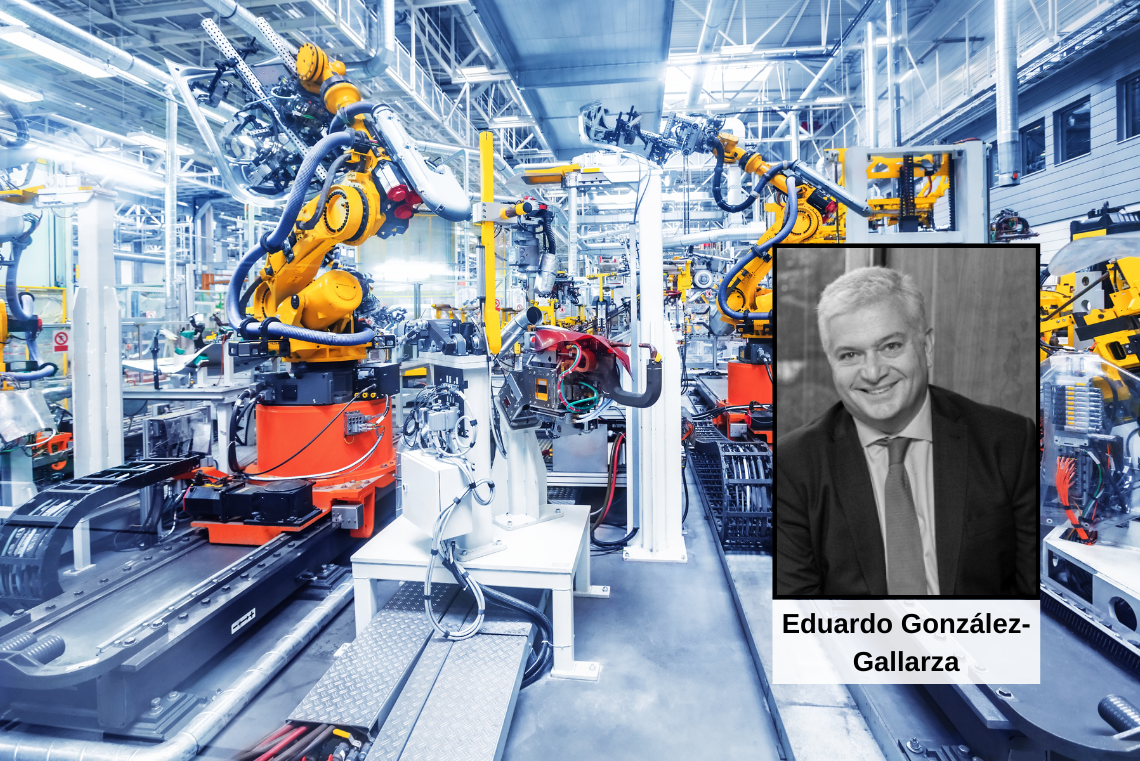Is the Spanish automotive sector set to rebound and attract investors?

The automotive industry is immersed in a full-scale restructuring process derived from three global trends that are affecting the final consumers habits and their behavior.
These three major trends are:
- Increasing environmental concerns
- Technological innovations
- Demography
The first one tends to reduce the usage of vehicles, thus implying a reduction of the total number of vehicles in circulation and has a negative impact in the demand. Nevertheless, technological innovations are stimulating the development of new engines -particularly electric vehicles- that are growing sharply, increasing its market share and being expected to completely replace internal combustion vehicles in less than 30 years. On the other hand, thanks to connectivity, carsharing is lowering the cost of using a vehicle and becoming more and more common in developed countries every day. These shared units are more intensively used, and that impacts their durability.
Moreover, carsharing platforms are more sensitive to security requirements as they are directly responsible for the compliance of security requirements of their cars. These factors mean that shared units require a more frequent replacement than private vehicles.
The third trend that needs to be factored in, is the evolution of demography. Total global population is growing at a stable 1% (Statista) and this is not expected to change in the coming years. This growth rate is higher in developing countries where, in addition, the usage of cars is lower than in developed countries and the automobile park is significantly older.
Demand is changing but remains steady. Indicators might be misleading with regard to the expected evolution of the market in terms of size. However, usage habits changes and renewal obligations due to either lower pollution emissions or more demanding security regulations, bring with them shorter periods of vehicle replacements. This together with population growth, higher use in rural areas and old units renovations, are expected to offset the eventual reduction of the number of vehicles in circulation, allowing the automotive manufacturing industry to resume its stable growing pattern.
That being said, the industry faces a deep restructuring as it needs to adapt current assembling facilities to differently powered vehicles and new technological improvements that are changing the way vehicles are used. Given the importance of the sector as a base industry that generates technological development and direct and indirect employment, governments around the world are committed to support this process wherever the industry is competitive and efficient.
Spanish automotive industry is strong and competitive:
- Among the top ten car manufacturers, ranks second in Europe and ninth in the world
- The most important European brands are present in the country with 17 factories that produce between 2 and 3 million vehicles per year
- Vehicles produced in Spain are predominantly exported to other countries (over 80%).
- In terms of modernization, it is in the forefront of the sector as it has already 1 robot for every ten employees.
- Changes in the Spanish industry are already taking place, today there are 16 EV models of different technologies being produced in the country.
As a strategic sector and being competitive, the Government is strongly committed to support the industry transformation and has recently approved a public investment plan to impel the development of EVs through the adaptation of current plants and/or the creation of new facilities for batteries and other components. There are already 13 projects that sum up to €11.7bn. Two of them have been approved and are just waiting for the final resolution of small formalities. The Gigafactories promoted by Volkswagen (Sagunto, Valencia) and Envision/Acciona (Navalmoral de la Mata, Extremadura) respectively, are expected to be operative in 2025.
The sector is going through a very tough period, the pandemic crisis has extended due to the scarcity of chips and occasional breaches of the supply chain. However, looking ahead, we are optimistic and believe that the sector in Spain is strong, demand remains stable and public aids are already on course. In all likelihood it is set to rebound and resume its trend as it did in previous crisis, so investors should keep an eye on it and be prepared to seize an opportunity that might be already arising.
At CDI Global, we have large experience in the sector having closed over 50 transactions, many of them cross-border. We are currently working on several deals involving auto parts manufacturers or industrial services suppliers for automakers. Our network of M&A specialists allows us to provide local support to our clients wherever they or their counterparts are located.
By Eduardo González-Gallarza, CDI Global Member, Spain

















































